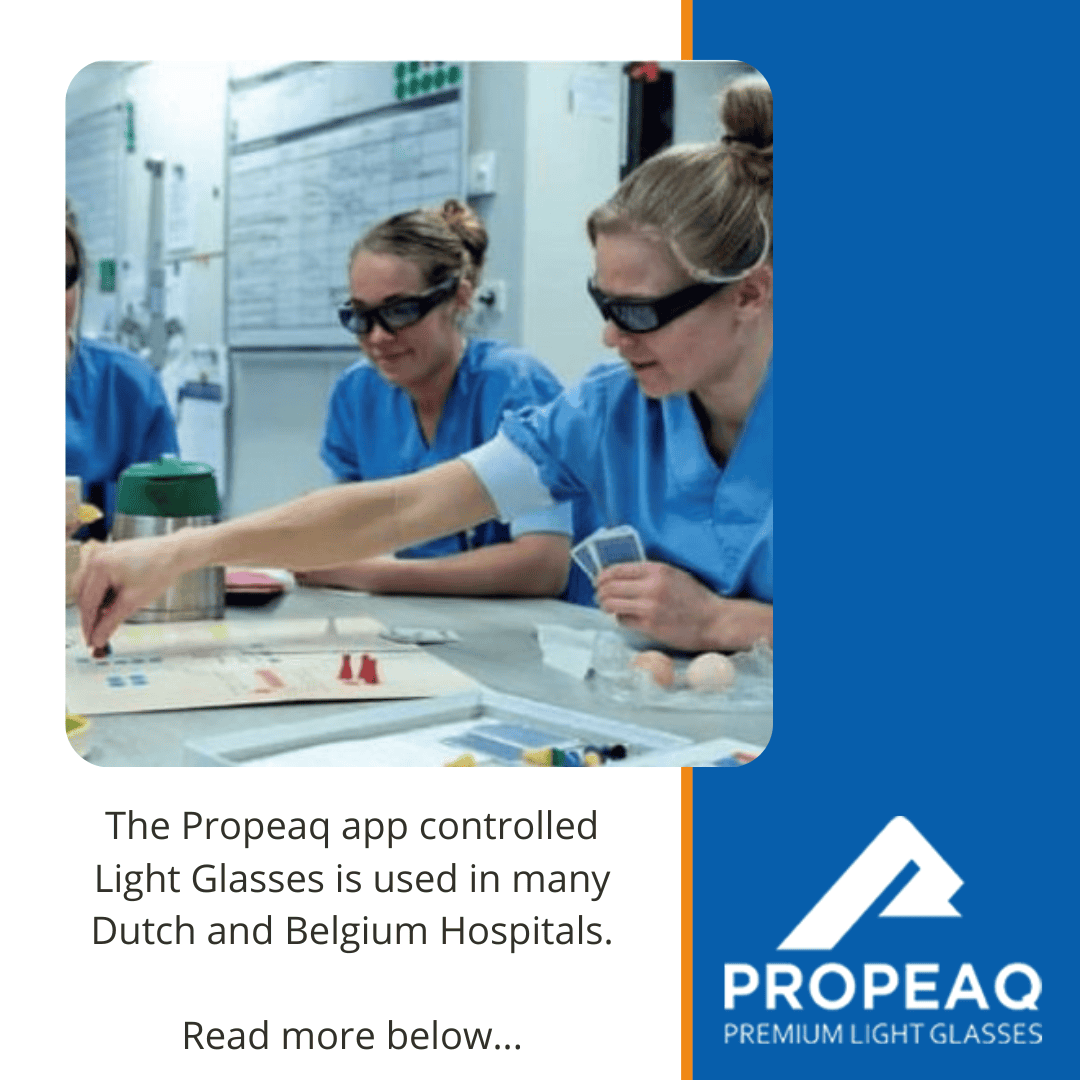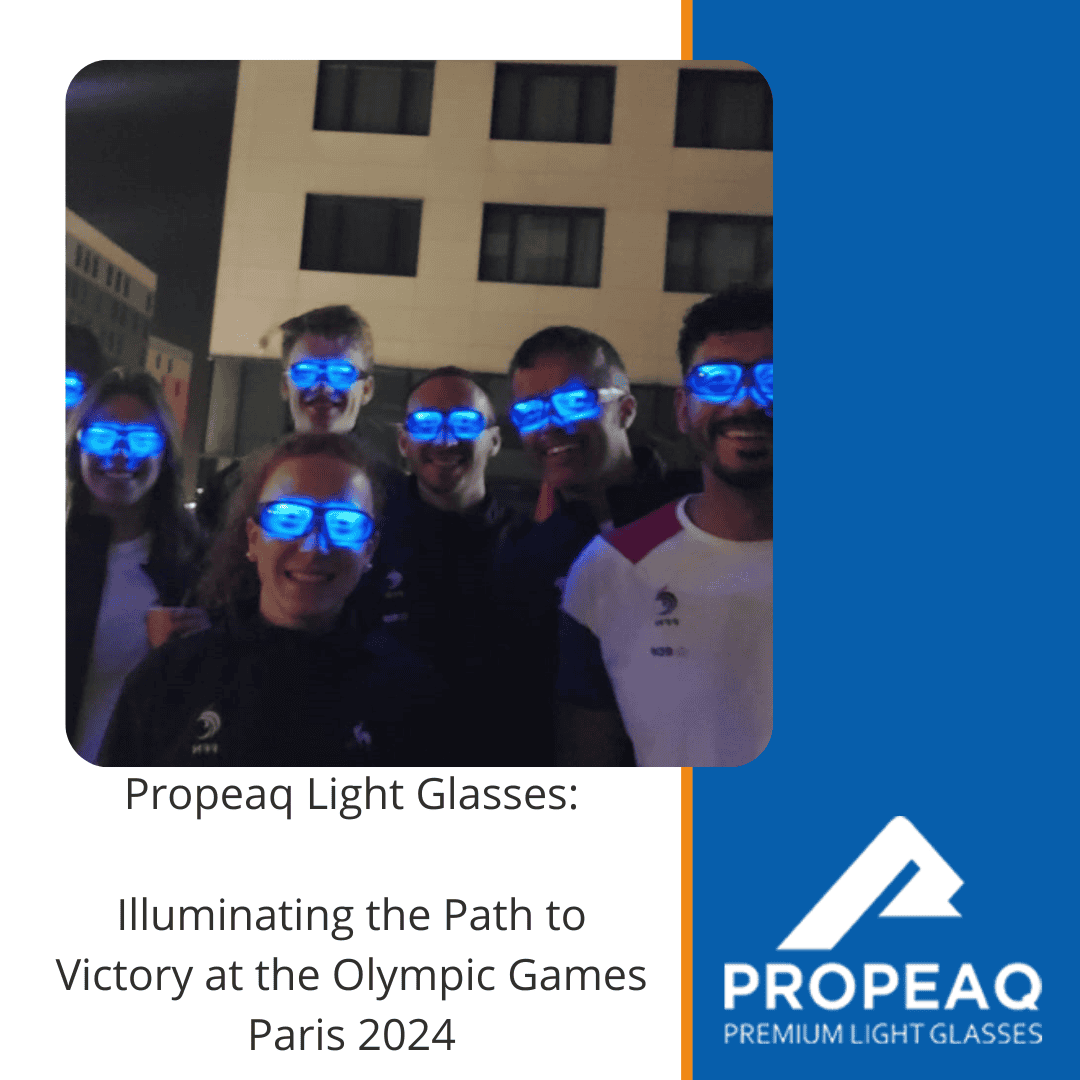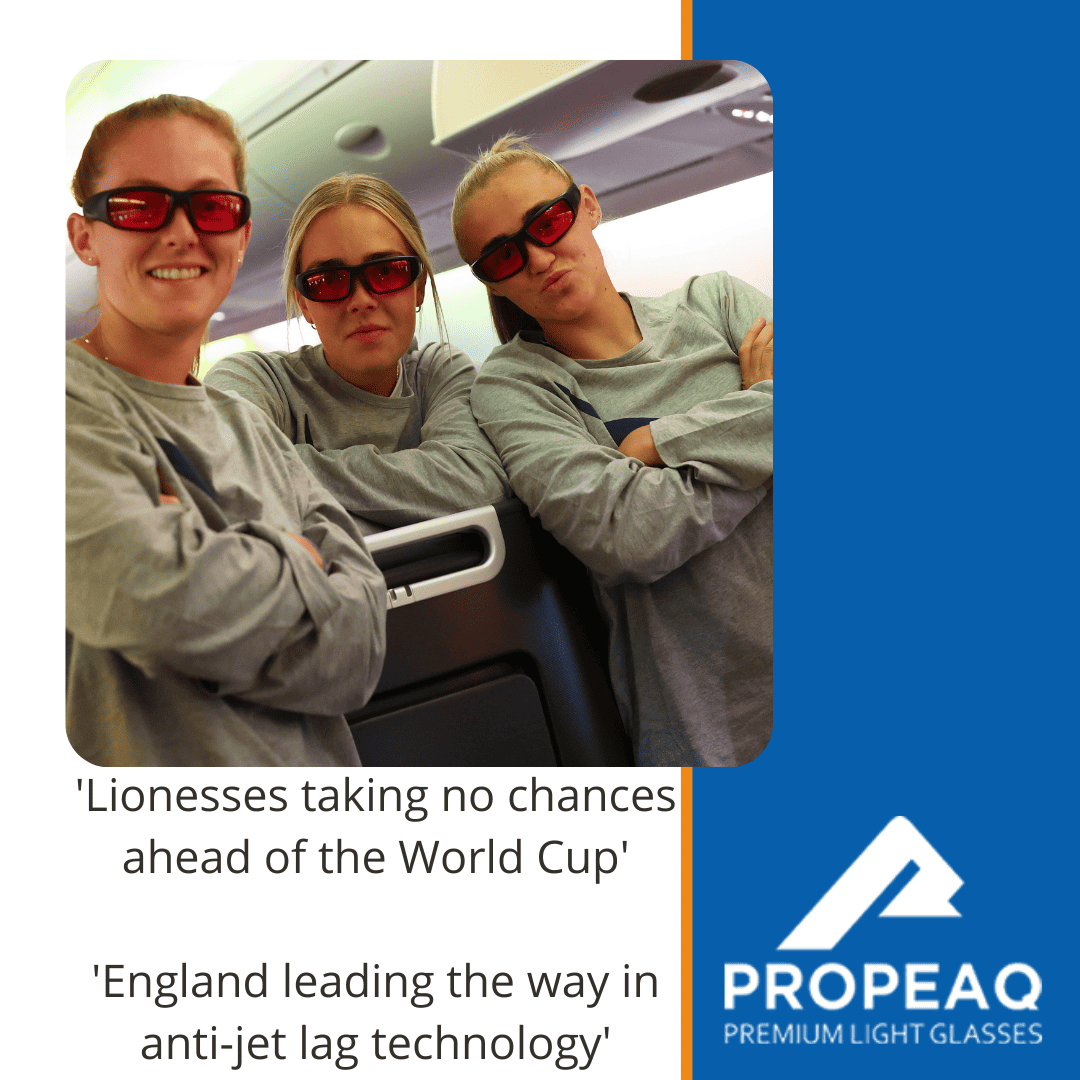Better cognitive performance by using blue light
It is becoming increasingly clear how important the blue part of the spectrum is when it comes to cognitive performance. It’s know that blue light, or the blue part of daylight, has a strong effect on suppressing the night hormone melatonin, which is important for recovery. This hormone has to work at night while it should be not released during the day. It is more or less the opposite of the energy hormone cortisol. This hormone has an important function in metabolism and the production in the morning is influenced by the blue part of the daylight.
In a recent study by Aleksandra Domagalik et al, it becomes clear that blue light is necessary to maintain cognitive functions such as sustained attention. Her findings provide evidence that prolonged reduction of blue light exposure directly affects human cognitive functioning regardless of circadian rhythmicity.
Many studies showed that blue light enhances alertness and performance in cognitive tasks. However, most scientific reports in this topic are based on experiments using short exposure to blue or blue-enriched light, and only a few focused on the effects of its reduced transmittance, especially in longer periods. The current study looked in particular at the absence of blue light over a longer period of time using orange lenses. The results are remarkable. Even more remarkable is that after 1 week after taking off the blue-blocking lenses revealed that in case of sustained attention, this detrimental effect of blocking blue light is fully reversible
Feel free to read the abstract here: https://pubmed.ncbi.nlm.nih.gov/32719581/












